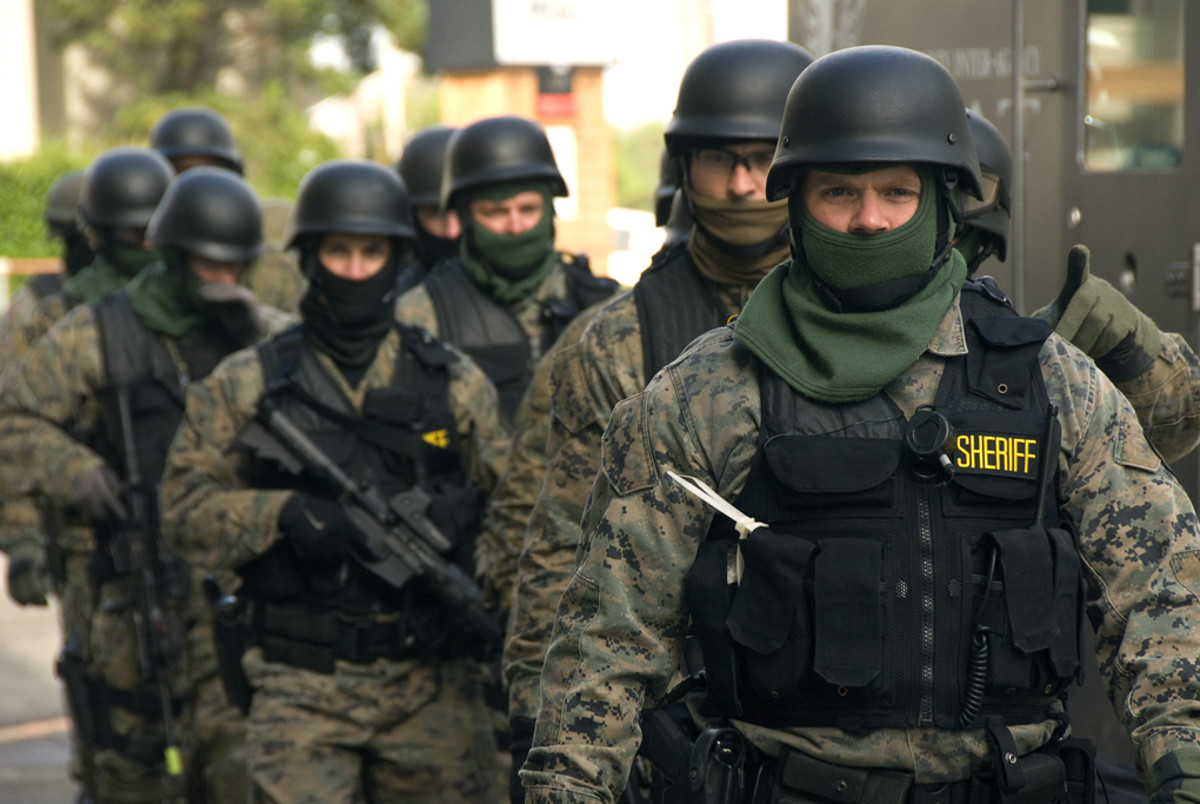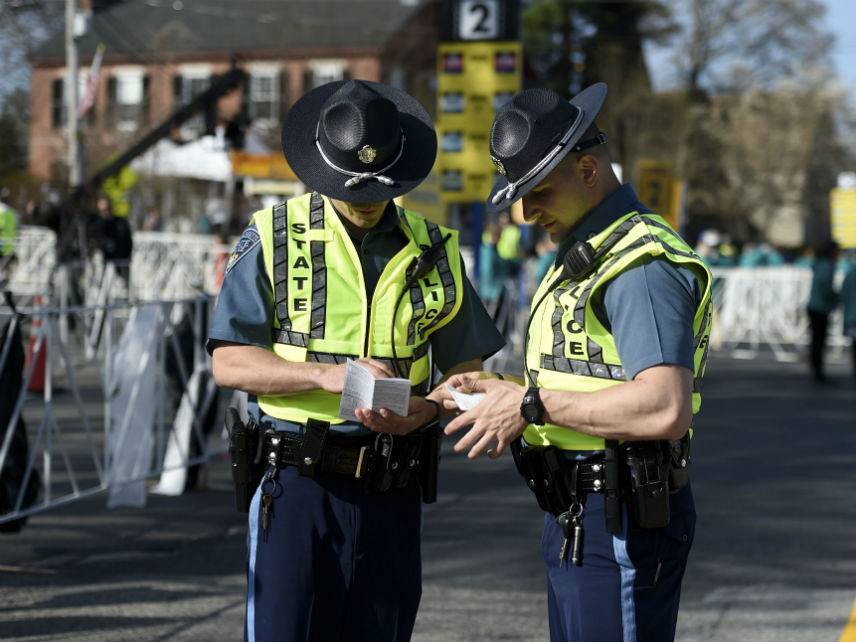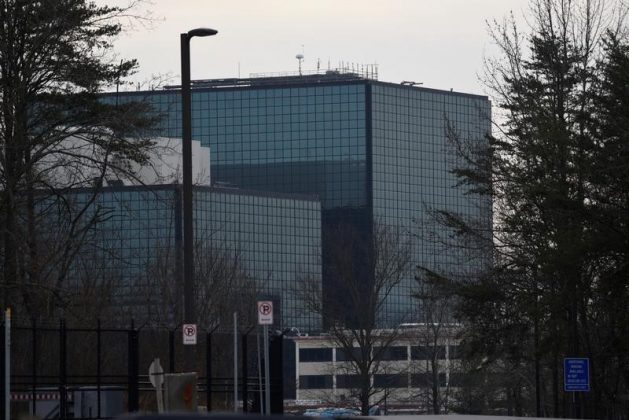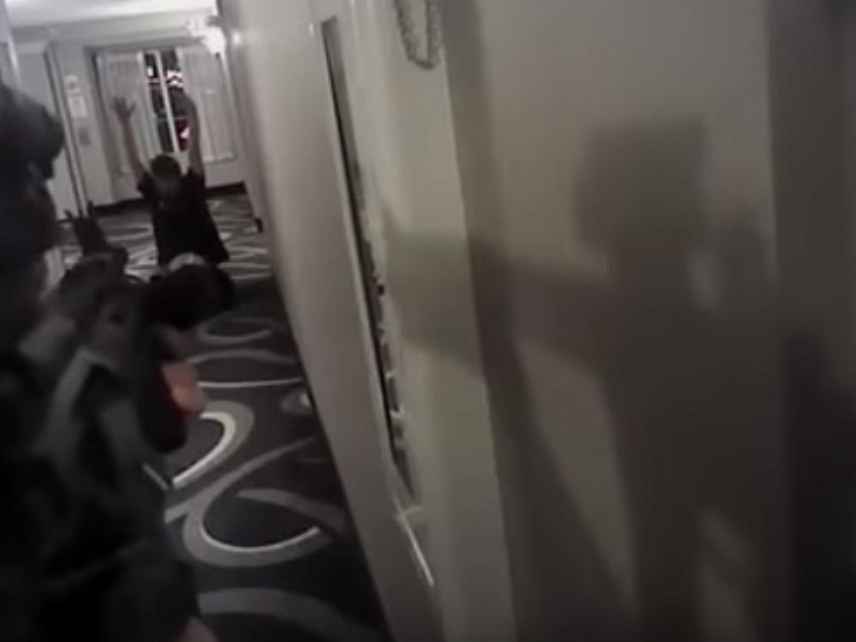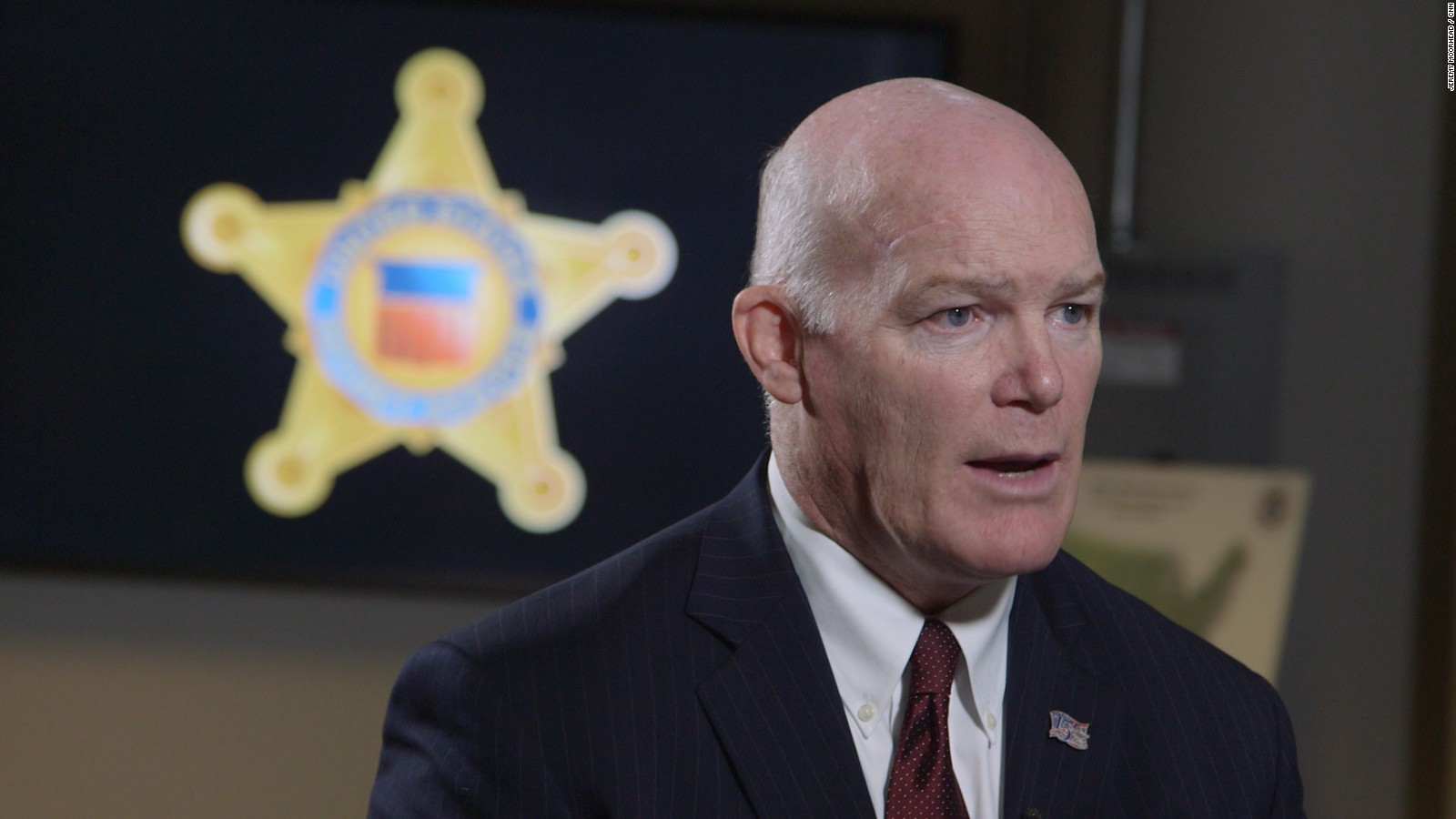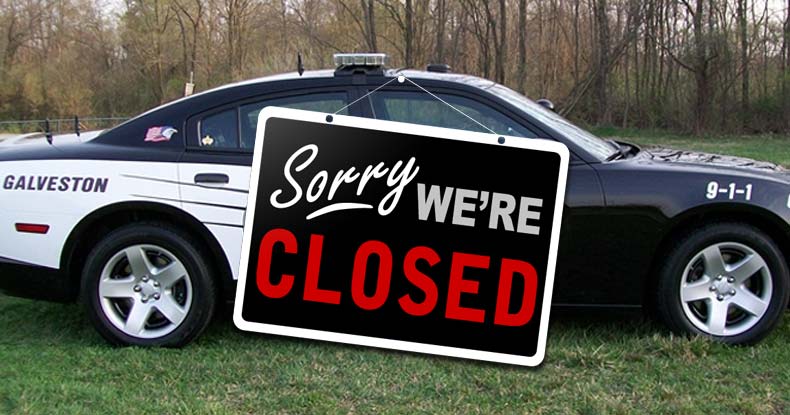
FILE PHOTO: The National Security Agency (NSA) headquarters is seen in Fort Meade, Maryland, U.S. February 14, 2018. REUTERS/Sait Serkan Gurbuz
The U.S. National Security Agency collected 534 million records of phone calls and text messages of Americans last year, more than triple gathered in 2016, a U.S. intelligence agency report released on Friday said.
The sharp increase from 151 million occurred during the second full year of a new surveillance system established at the spy agency after U.S. lawmakers passed a law in 2015 that sought to limit its ability to collect such records in bulk.
The spike in collection of call records coincided with an increase reported on Friday across other surveillance methods, raising questions from some privacy advocates who are concerned about potential government overreach and intrusion into the lives of U.S. citizens.
The 2017 call records tally remained far less than an estimated billions of records collected per day under the NSA’s old bulk surveillance system, which was exposed by former U.S. intelligence contractor Edward Snowden in 2013.
The records collected by the NSA include the numbers and time of a call or text message, but not their content.
Overall increases in surveillance hauls were both mystifying and alarming coming years after Snowden’s leaks, privacy advocates said.
“The intelligence community’s transparency has yet to extend to explaining dramatic increases in their collection,” said Robyn Greene, policy counsel at the Washington-based Open Technology Institute that focuses on digital issues …
Friday’s report also showed a rise in the number of foreigners living outside the United States who were targeted under a warrantless internet surveillance program, known as Section 702 of the Foreign Intelligence Surveillance Act, that Congress renewed earlier this year.
That figure increased to 129,080 in 2017 from 106,469 in 2016, the report said, and is up from 89,138 targets in 2013, or a cumulative rise over five years of about 45 percent.
U.S. intelligence agencies consider Section 702 a vital tool to protect national security, but privacy advocates say the program incidentally collects an unknown number of communications belonging to Americans.
Source: Spy agency NSA triples collection of U.S. phone records: official report | Reuters



